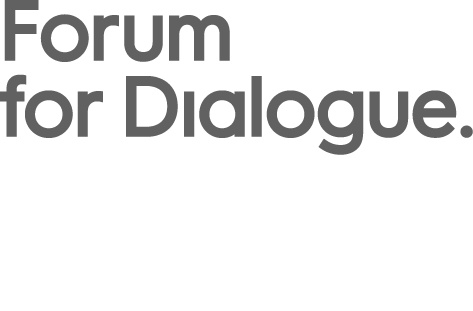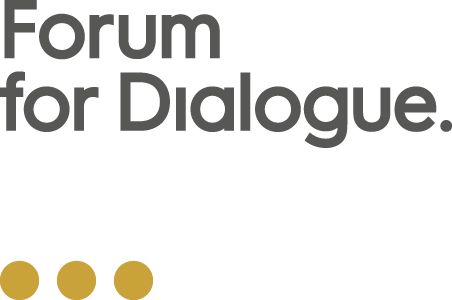Summer and early fall is a time when many of the Leaders of Dialogue activists organize ceremonies commemorating the deportations and annihilation of the Jews from their towns. This year the form of these events had to conform to the Covid-19 safety restrictions, oftentimes including activities that were planned for the previous year but were canceled due to the epidemic.
Many of the ceremonies included the unveiling of permanent commemorations of the local Jewish community. In Rabka-Zdrój, a plaque with all the names of the Jews killed during the war was unveiled thanks to the efforts of Michał Rapta and Narcyz Listkowski, members of the Leaders of Dialogue network and pillars of the Historia Rabki association. For press coverage in Polish, you may click here. Another plaque, this time marking the deportation site, was unveiled in Biecz thanks to the efforts of Krzysztof Przybylowicz, co-organizer of a ceremony commemorating local Jews. The Jews of Mińsk Mazowiecki were also commemorated with a plaque. Katarzyna Łaziuk has been working to preserve the memory of the Shoah for years. First as a teacher of English and a local activists, and now as a representative of local authorities. On August 22, she co-organized a commemoration ceremony at the local Jewish cemetery, as well as the unveiling of a plaque marking the tragic events at the Kopernik labor camp, a presentation of five bus stops featuring an overview of the Jewish history of Minsk, and an opening of an exhibition. The day-long commemoration ended with a performance by Lena Piekniewska singing “A Lullaby for an Eternal Dream.”
Members of the Leaders of Dialogue network, Katarzyna Suszkiewicz and Tomasz Kocur, who run the AntySchematy 2 Foundation dedicated to the preservation of places of memory, invite the local community and young people in their activities. For the past months, they have been organizing commemorative events in Sędziszów Małopolski, Jasło, and Radomyśl Wielki. During their Days of Memory event they read out the names of the members of the local Jewish community, lit candles in their honor, and left flowers in a gesture of respect. The activists working together as the Shetl of Tsanz organized an Assembly of Remembrance in several towns nearby: Stary Sącz, Limanowa, Gródek upon Dunajec and Nowy Sącz.




